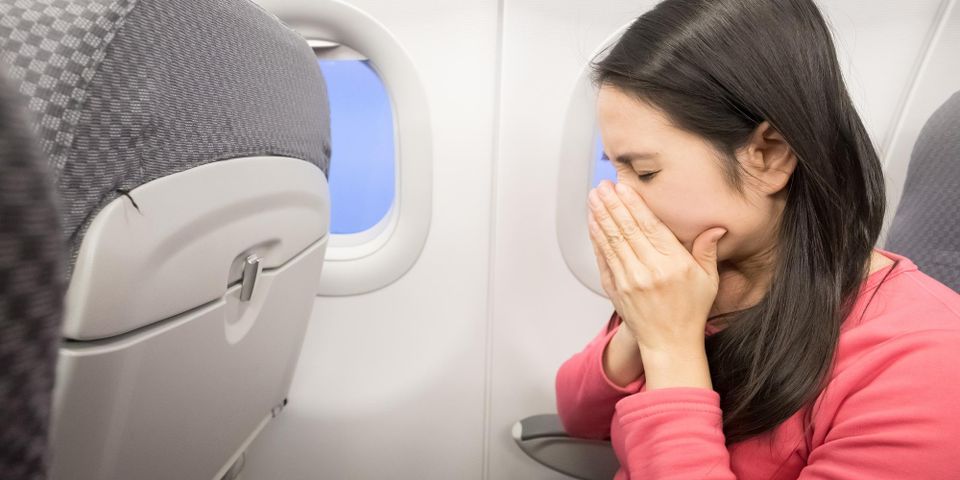
Airplanes connect the world and make it easier than ever to travel great distances in relatively little time. But whether you fly for business or for pleasure, you know that air travel often comes with its own challenges. One of those challenges has to do with toothache pain. If you've noticed a greater susceptibility to toothaches when cruising at 30,000 feet, you're not imagining it. Below, learn more about how flying causes toothaches and what you can do to prevent them.
The Reasons for In-Flight Tooth Pain
The most common cause of in-flight tooth pain is the pressure change that occurs between the ground and the cruising altitude, and eventually, the return back to the ground. When there is a cavity or a tiny hole in a tooth, air accumulates inside and puts pressure on the tooth as it tries to equalize with the air in the external environment.
It's the same principle with ear pressure on airplanes; pressure builds up in the ear canal as it tries to strike a balance with the air around you. Bear in mind that these toothaches only affect teeth that are damaged or decayed, not healthy teeth.
Another reason for air travel toothaches has to do with the sinuses. Pressure changes can exacerbate sinus inflammation, and because of the sinuses' proximity to the mouth, this discomfort can be felt in the teeth.
How to Manage an Air Travel Toothache
 If you're stuck on a long-haul flight with a toothache, there are a few things you can do to minimize the pain. Avoid all extremely hot or extremely cold foods, as temperature variations will almost certainly worsen the toothache.
If you're stuck on a long-haul flight with a toothache, there are a few things you can do to minimize the pain. Avoid all extremely hot or extremely cold foods, as temperature variations will almost certainly worsen the toothache.
Request an icepack from the flight attendant; ice numbs the nerves and alleviates discomfort. An over-the-counter pain reliever, such as ibuprofen, can also be helpful.
When to See a Dentist
Don't ignore an air-travel-related toothache, especially if you cannot chew on the affected tooth, if it's bleeding, or if it's interfering with your ability to communicate.
These toothaches signal some type of decay or damage present in the tooth, so they need to be addressed by a dentist. It could be a sign of early tooth decay, an old or broken filling, a crack or chip, or complications from recent dental work.
If you're experiencing toothache pain, visit Brandi Prather, DMD, PSC. Dr. Prather offers comprehensive dental care services to the Pulaski County, KY, region. From exams and X-rays to tooth fillings and crowns, she and her team treat patients of all ages. Call (606) 679-5437 to schedule an appointment.
About the Business
(7 reviews)
Have a question? Ask the experts!
Send your question

